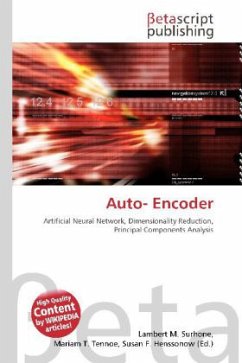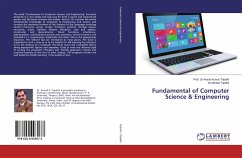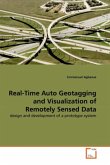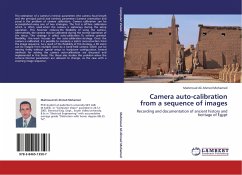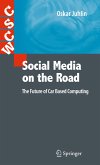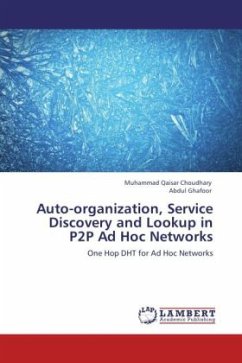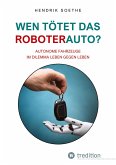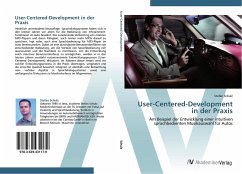Please note that the content of this book primarily consists of articles available from Wikipedia or other free sources online. An auto-encoder is an artificial neural network used for learning efficient codings. The aim of an auto-encoder is to learn a compressed representation (encoding) for a set of data. This means it is being used for dimensionality reduction. More specifically, it is a feature extraction method.An auto-encoder is often trained using one of the many backpropagation variants (conjugate gradient method, steepest descent, etc.) Though often reasonably effective, there are fundamental problems with using backpropagation to train networks with many hidden layers. Once the errors get backpropagated to the first few layers, they are minuscule, and quite ineffectual. This causes the network to almost always learn to reconstruct the average of all the training data. Though more advanced backpropagation methods (such as the conjugate gradient method) help with this tosome degree, it still results in very slow learning and poor solutions. This problem is remedied by using initial weights that approximate the final solution. The process to find these initial weights is often called pretraining.
Bitte wählen Sie Ihr Anliegen aus.
Rechnungen
Retourenschein anfordern
Bestellstatus
Storno

